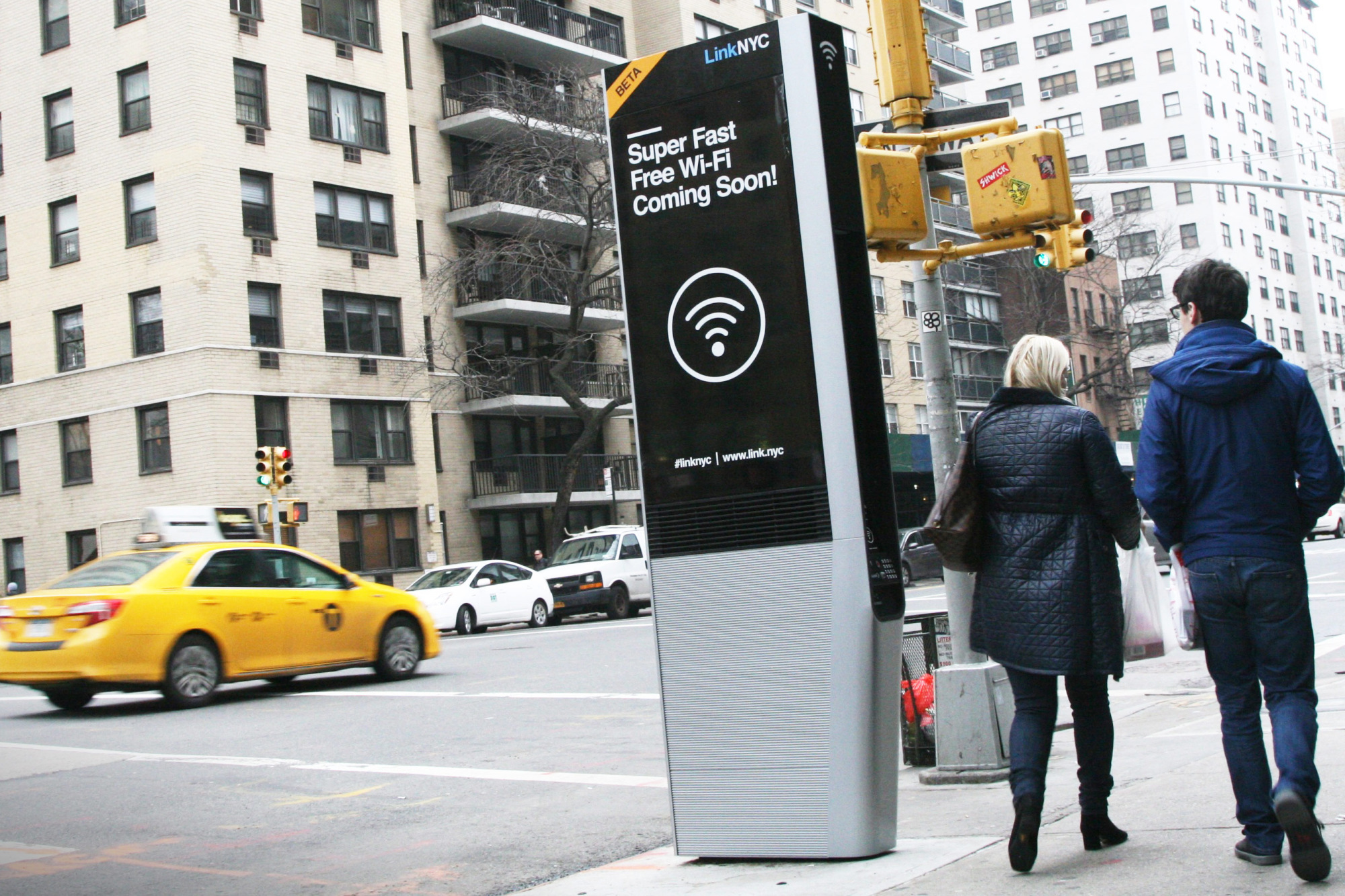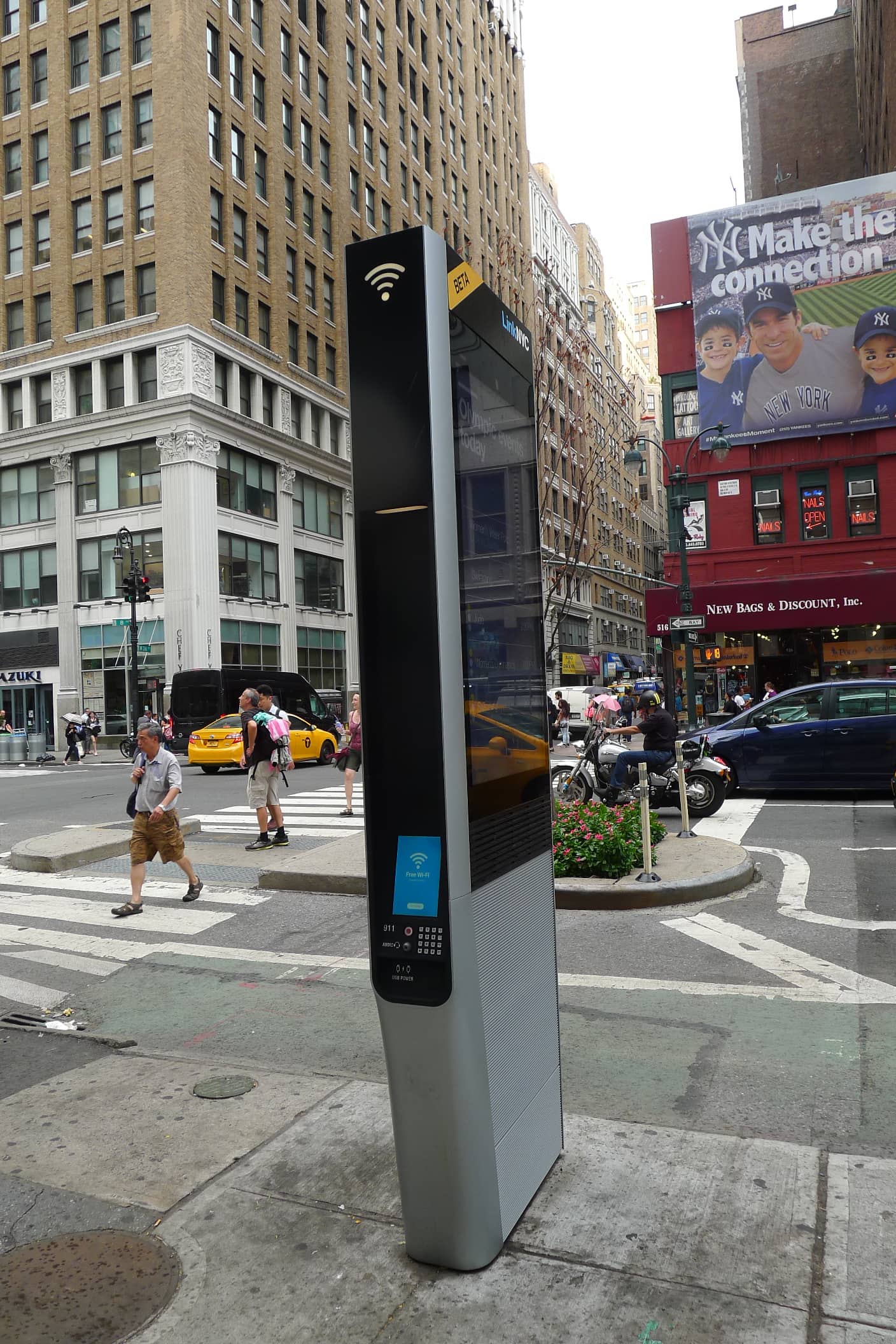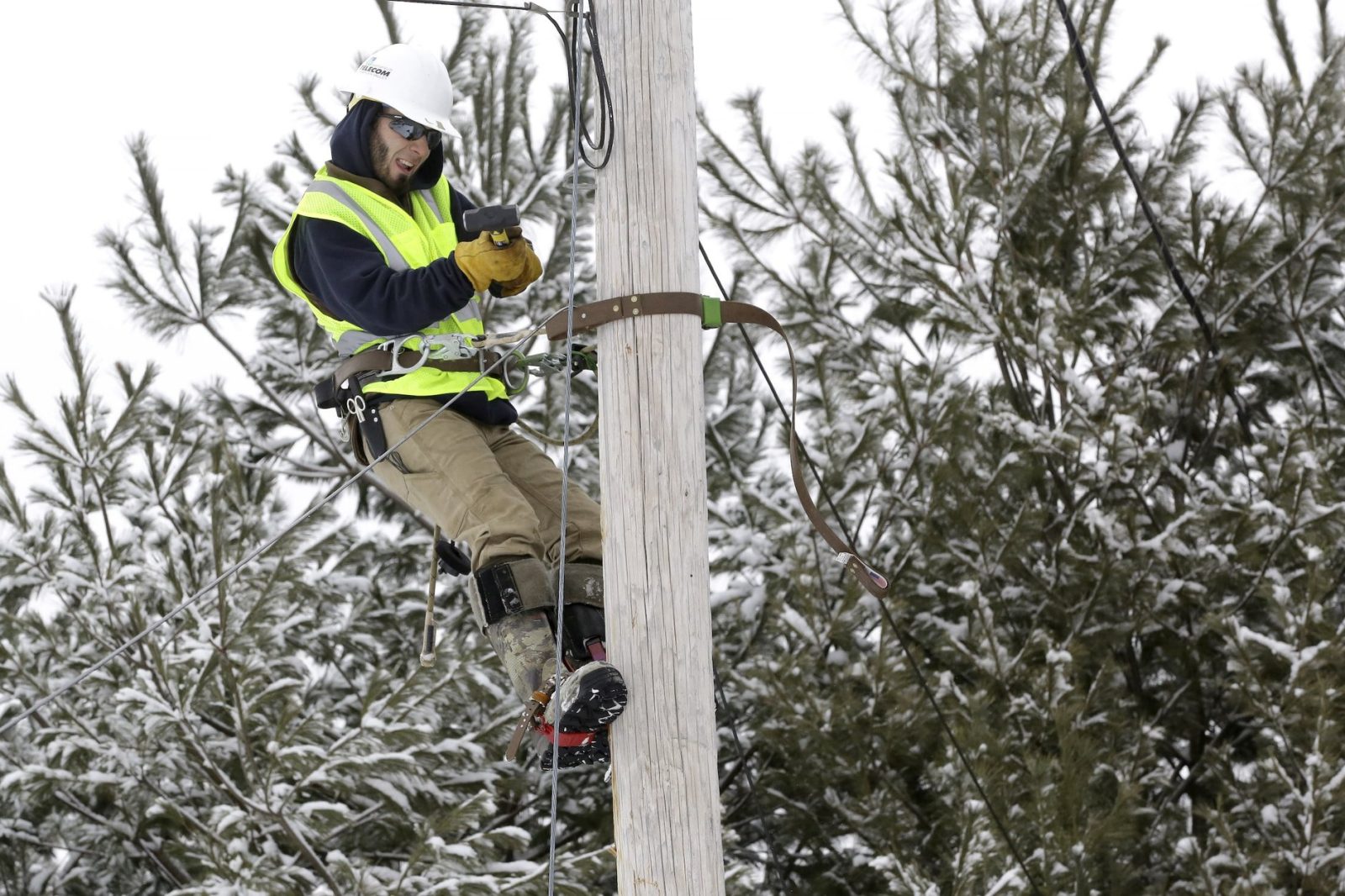In a significant development, a divided federal appeals court has breathed new life into New York’s pioneering effort to make high-speed internet accessible and affordable to low-income families.
The court’s ruling, overturning a permanent injunction, marks a setback for major service providers and underscores the state’s authority to regulate broadband rates.
The 2nd U.S. Circuit Court of Appeals in Manhattan, in a 2-1 decision, emphasized that federal telecommunications law does not preempt states from overseeing broadband rates.
Circuit Judge Alison Nathan highlighted Congress’s intent to empower states in regulating interstate communication services, unless explicitly stated otherwise.
Ruling Affirms State’s Authority to Set Broadband Prices and Boost Digital Equity

The court also cited a 2018 Federal Communications Commission (FCC) order, which classified broadband as an information service, thereby stripping the FCC of its authority to regulate rates.
This legal backdrop paved the way for New York’s groundbreaking law, enacted in April 2021, to provide affordable internet plans starting at $15 per month to millions of households across the state.
Originally signed by former Governor Andrew Cuomo in response to the challenges posed by the COVID-19 pandemic, the law aimed to bridge the digital divide exacerbated by remote work and online learning.
However, its implementation faced hurdles when U.S. District Judge Denis Hurley blocked enforcement following legal challenges from industry trade groups, including CTIA-The Wireless Association, representing major internet providers such as AT&T and Verizon.

In their joint statement, these trade groups expressed concerns over the court’s decision, warning of potential repercussions on broadband infrastructure investment and operations.
They urged Congress to sustain nationwide support for low-income Americans, signaling broader implications for internet accessibility initiatives.
On the opposing front, the office of New York Attorney General Letitia James defended the law, reflecting the state’s commitment to ensuring equitable access to essential services like broadband.
While immediate commentary from James’s office was unavailable, the court’s ruling signifies a pivotal moment in the ongoing debate over internet regulation and consumer affordability.

As the legal battle continues, with potential implications for other states grappling with similar issues, the case underscores the complex interplay between federal and state authorities in shaping telecommunications policy.
Moving forward, the fate of New York’s affordable internet law hangs in the balance, poised to influence broader discussions on digital equity and regulatory oversight in the digital age.







Leave a Reply